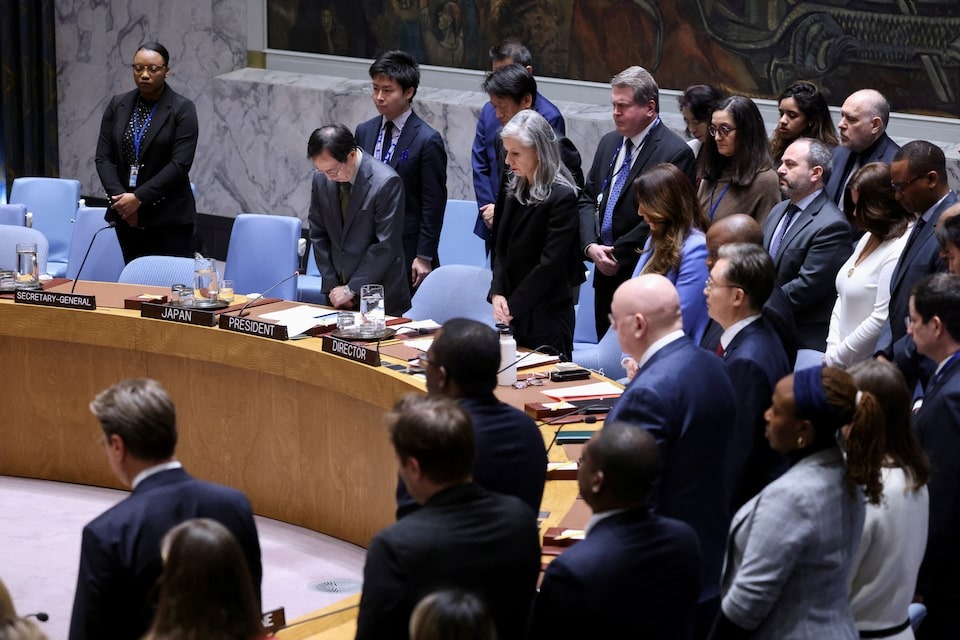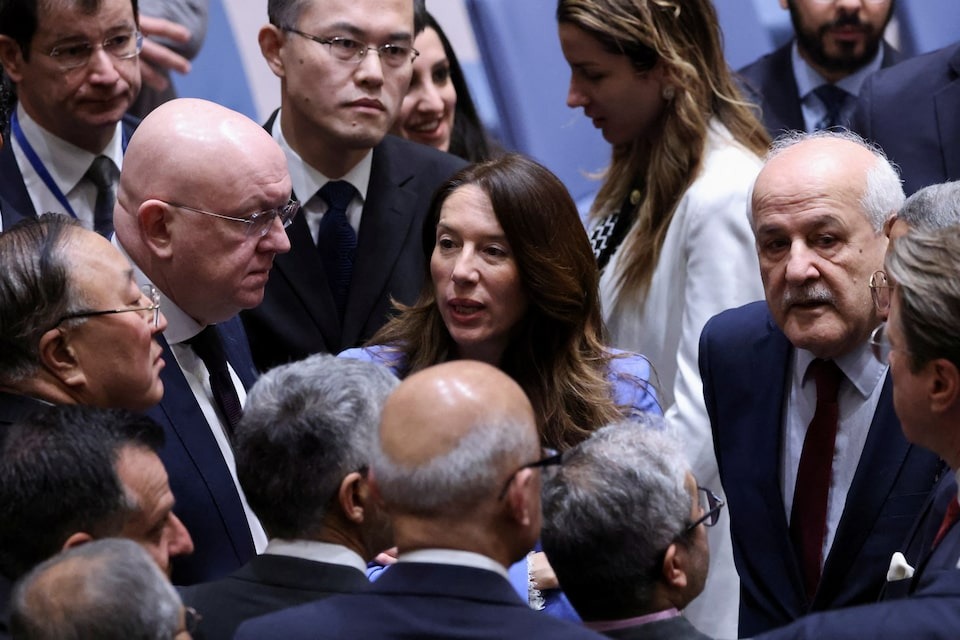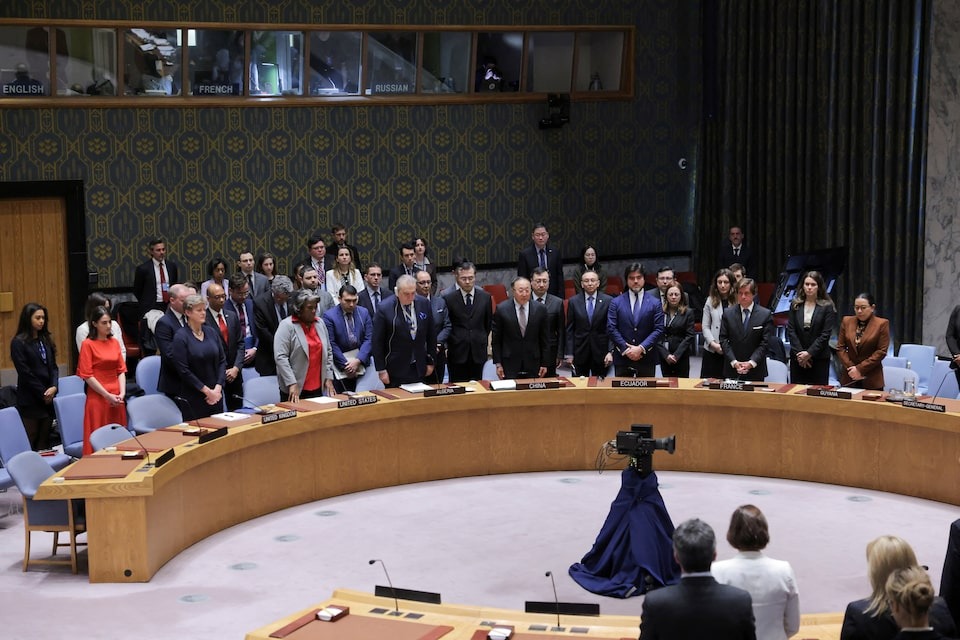The UN Security Council has acceded to a draft resolution calling for an immediate ceasefire between Gaza and Israel after the United States refrained from the voting.
The US has previously vetoed similar resolutions. The US Ambassador to the United Nations Linda Thomas-Greenfield asserted that while the latest resolution included edits requested by the US, Washington could not vote yes because it “did not agree with everything.”

The resolution, placed by security council’s 10 non-permanent members, called for an immediate ceasefire for the month of Ramadan, the immediate and unconditional release of hostages and “the urgent need to expand the flow” of aid into Gaza.
UN Secretary-General António Guterres said a collapse to implement the resolution would be “unforgivable.”

“The Security Council just approved a long-awaited resolution on Gaza, demanding an immediate ceasefire, and the immediate and unconditional release of all hostages.
This resolution must be implemented. Failure would be unforgivable,” Guterres wrote on X, previously known as Twitter.
The UN vote on Monday came as tensions grow over a looming Israeli military operation in Gaza’s southern city of Rafah.

Senior Israeli officials were due to travel to Washington, DC, to meet with US officials. The US has been calling on Israel to explain how it will protect the 1.4 million Palestinians seeking refuge in southern Gaza ahead of an expected incursion there, which the US said “would be a mistake.”
Separately, Israel agreed to a US proposal on a prisoner-hostage deal, according to CNN analyst Barak Ravid’s reporting on the recent round of talks in Doha. The reported deal could see the release of around 700 Palestinian prisoners, among them 100 serving life sentences for killing Israeli nationals, in exchange for the release of 40 Israeli hostages held by Hamas in Gaza.
However, Hamas said more issues remain unresolved beyond the release of Palestinian prisoners from Israeli jails. Hamas senior officials Basem Naeim told CNN that “Israeli-American media” was adding pressure on the talks.
“For us, the negotiations are not only centric around the prisoner exchange deal,” he said.




-20260304091720.webp)



-20260303080739.webp)
-20260302065048.webp)

















-20260225072312.webp)





-20260228064648.jpg)
